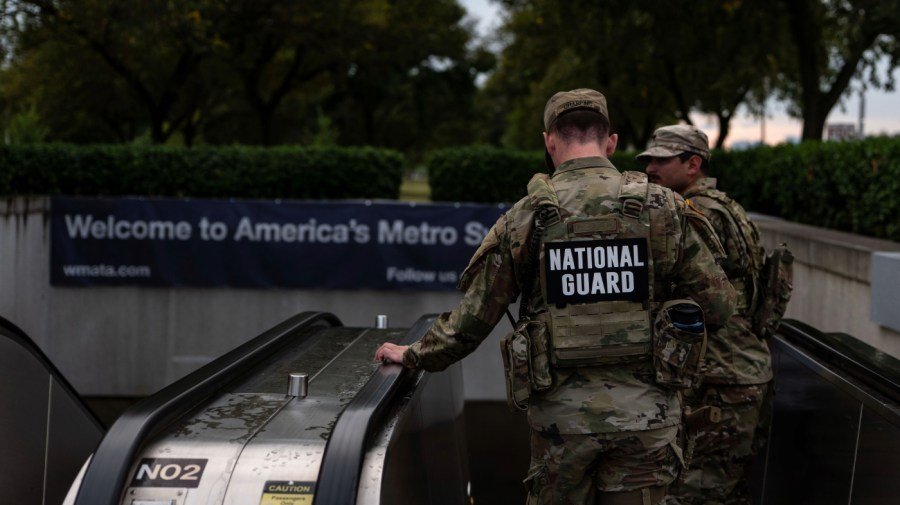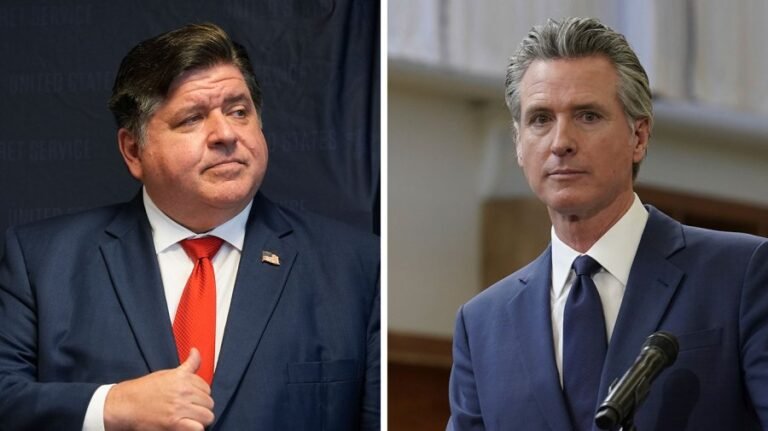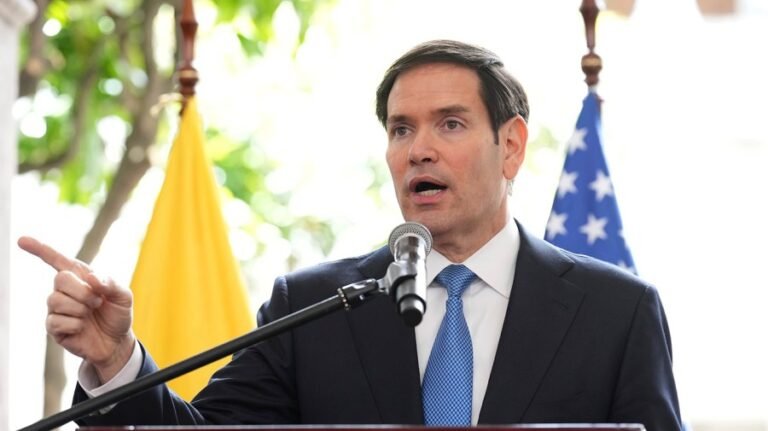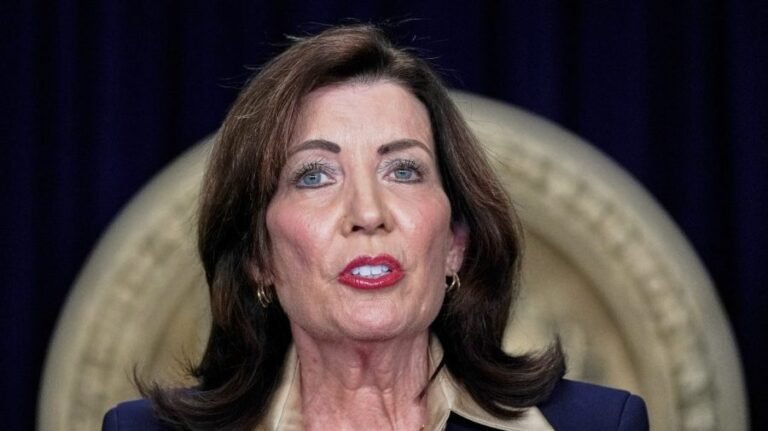
President Trump’s decision to take over law enforcement in Washington, D.C. and deploy the National Guard and other federal agents to combat crime is, to put it mildly, a gross misuse of federal resources. It is gimmicky. As a policy, it would never pass a cost-benefit analysis.
Yet, it is also something Democrats — particularly those looking ahead to 2028 — should find a way to emulate.
Trump has correctly assessed that voters take crime very seriously. According to Blue Rose Research, crime was more important to voters in 2024 than immigration, housing, Social Security, abortion, climate change and almost every other issue besides the economy, health care, and national security.
What’s more, voters said they trusted Republicans to handle the problem of crime more than they trusted Democrats by a wider margin than most other issues.
Washington, D.C. also isn’t just any city — it is the nation’s capital, and a major tourism hub. More than 27 million people visited D.C. in 2024. High-profile crimes, like the attack on the DOGE staffer that initiated Trump’s move, reverberate in other parts of the country.
It is a national embarrassment that the murder rate in our capital is one of the highest in the country — higher even than Chicago, another city notorious for its heavy crime rate. And although the murder rate has fallen recently, it is “still about 70 percent higher than that of a decade prior.”
Crime in D.C. may indeed be falling, but no one can credibly claim that crime is low enough in D.C. Nor can they claim that the rest of the nation should be unconcerned about high crime in its capital.
If Trump successfully lowers the crime rate — or is even just seen as making a strong attempt at tackling crime there — it is likely to be felt nationally. In this, we see the genius of Trump the salesman-politician. He identified a high-salience problem and found a solution that would generate massive headlines.
The backlash from liberals, whether elected politicians or Bluesky keyboard warriors, only benefits him by demonstrating that he is on the side of solving problems and the Democrats are against it.
What’s more, Trump’s plan is likely to work. Certainly, D.C. Mayor Muriel Bowser (D) believes it could, begrudgingly telling reporters, “The fact that we have more law enforcement and presence in neighborhoods, that may be positive.”
The best research shows that most U.S. cities are underpoliced, and placing National Guard members in high-traffic or high crime parts of the city to ward off potential criminals and assist law enforcement is an idea backed up by extensive literature on the subject, which shows that more patrols lead to lower crime rates and work especially well in deterring violent crime.
The word “Abundance,” as described by Ezra Klein and Derek Thompson in their book of the same name, has been on the lips of Democrats this year.
The two make a strong case for what should be obvious: The government should be able to accomplish the things it is tasked with doing, and voters are likelier to reward a party that effectively uses government to solve real problems in their lives.
Crime is certainly a place where government ineptitude is felt viscerally by voters, and Democrats are usually on the receiving end of the blame.
More people patrolling the streets, whether police officers or National Guardsmen, is all but guaranteed to reduce crime in the city. It is not a long-term solution, but it is more than simple political theater — and as theater, it is a master class.
Trump’s plan to federalize the D.C. police department and deploy the National Guard may provide a blueprint for Democratic governors looking to make a splash nationally.
Governors have the power to deploy their own states’ National Guard troops to assist law enforcement during a state of emergency — and broad latitude to define what qualifies as a state of emergency, as we saw with 2021’s “Operation Lone Star” in Texas, when Republican Gov. Greg Abbott declared a state of emergency at the southern border.
Does Baltimore’s 34.8 homicides per 100,000 (the fourth highest in the country, and more than D.C.’s) qualify as an emergency? What about Detroit’s rate of 31.2 homicides per 100,000 residents?
Maryland Gov. Wes Moore (D) and Michigan Gov. Gretchen Whitmer (D) — both potential 2028 presidential candidates — have it within their power to say so. Residents of those cities are unlikely to punish them politically for even a hamfisted attempt at making their lives safer.
This is not a moment for timidity, and Democrats — especially those who want to lead our party — should learn from Trump and use the tools available to them to tackle real problems in the lives of voters.
Brannon Miller is managing partner at Chism Strategies, a Democratic consulting firm.


